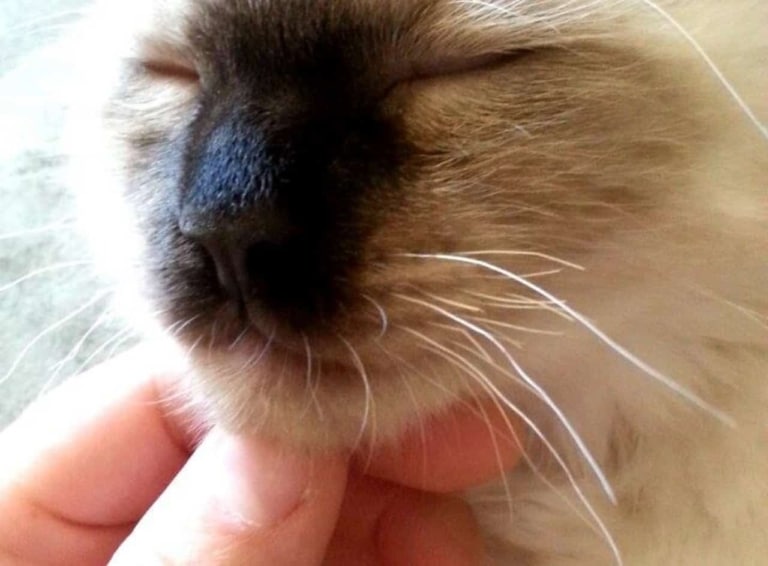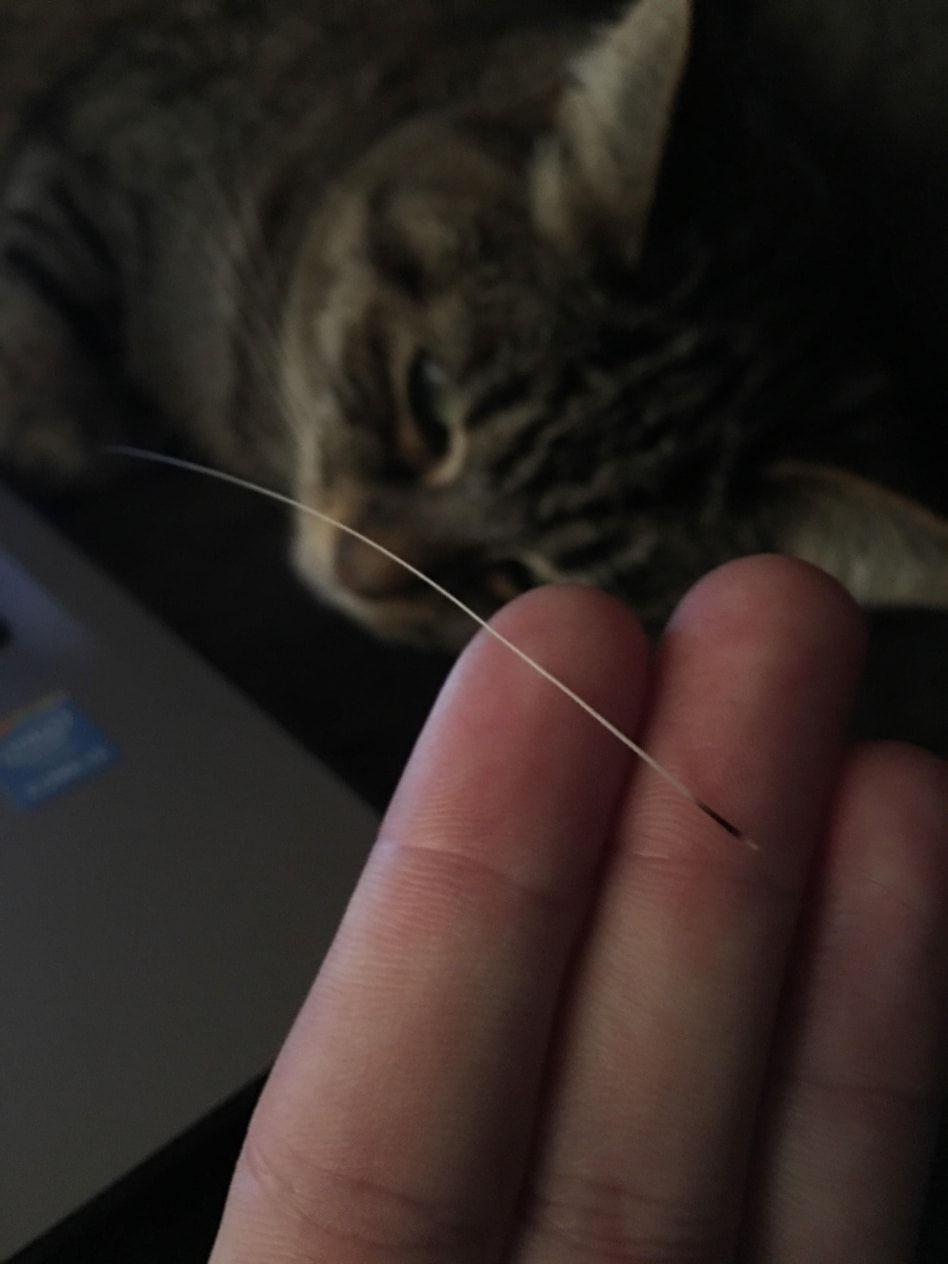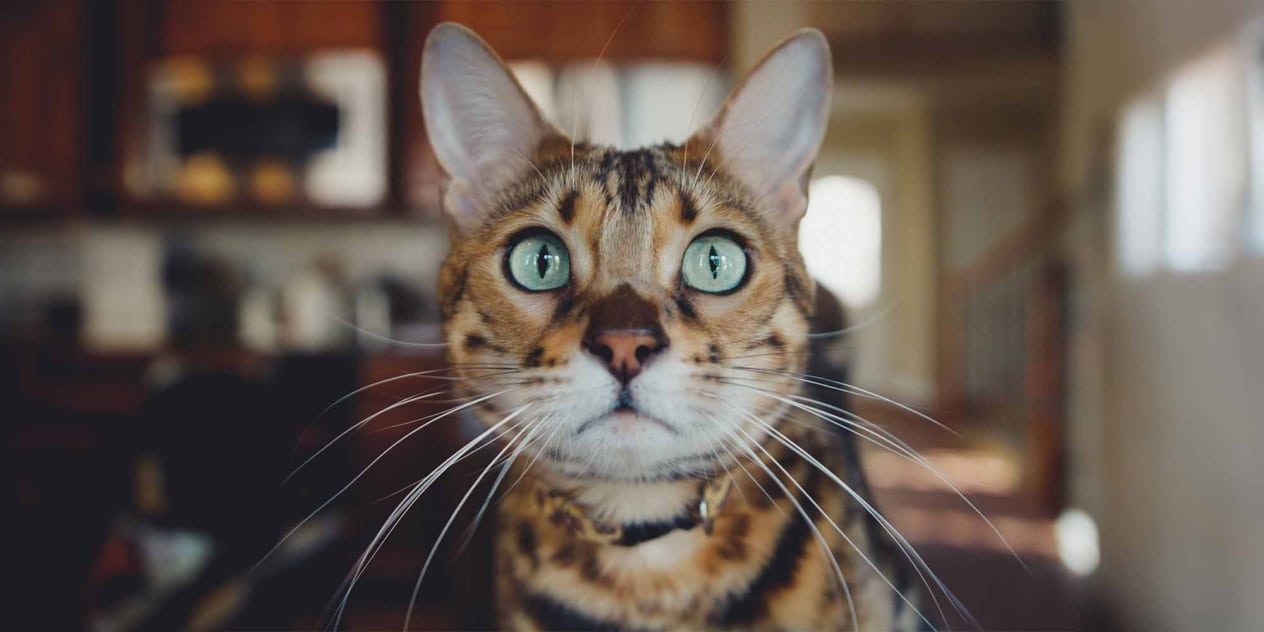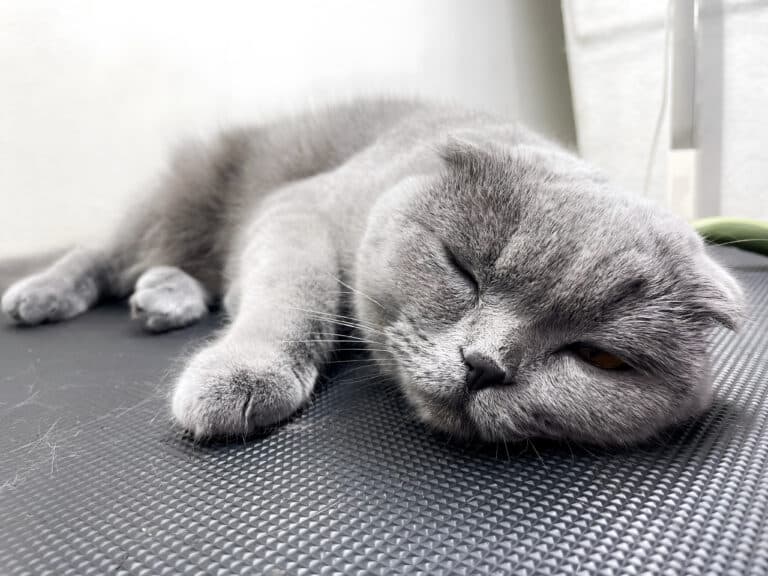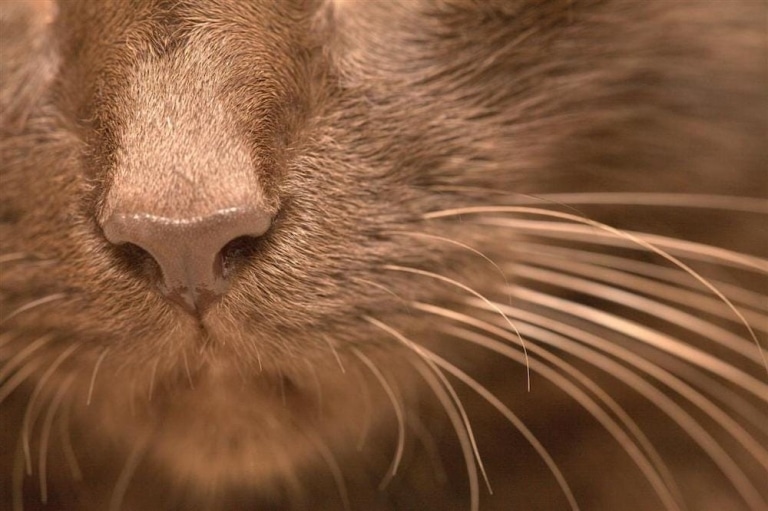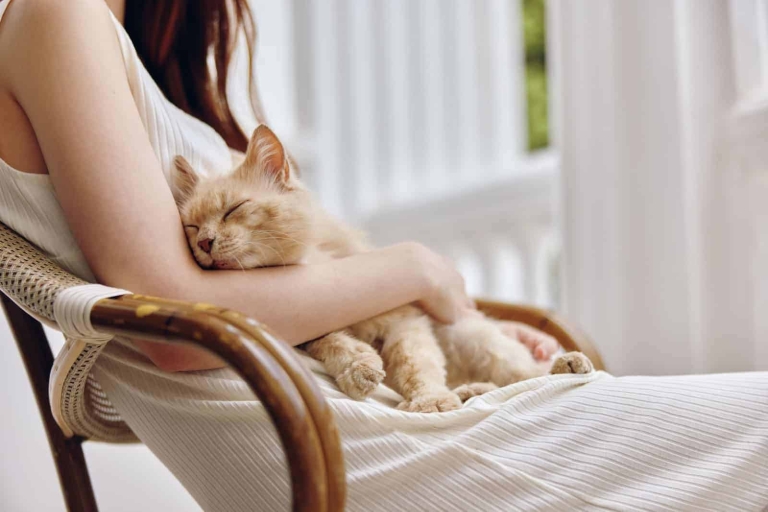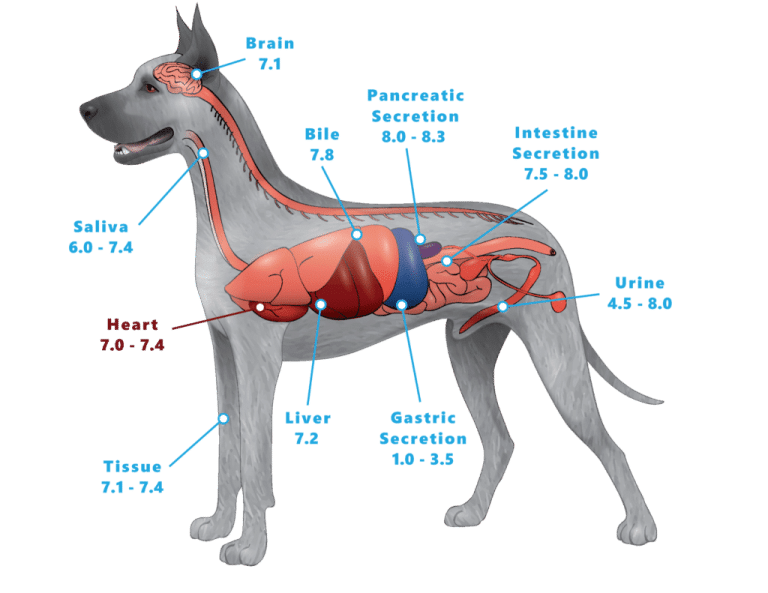Why do whiskers break or fall out in cats?
Whiskers (vibrissae) are the cat’s extremely sensitive sensory organs that help him navigate, sense his surroundings and even gauge the width of his passages. Their brittleness or loss can be a natural process – just like hair loss during molting. However, excessive whisker loss or breakage signals problems: improper nutrition, vitamin and mineral deficiencies, allergic reactions, fungal or bacterial infections, and stress or mechanical damage (e.g., while playing with other animals).
When is whisker loss in a cat dangerous?
It is normal for a cat to occasionally lose a few whiskers, which grow back over time. A cause for concern is when whiskers fall out en masse, break at the base or grow very brittle. Itching, reddening of the skin, bald spots on the muzzle, decreased appetite or lethargy are also alarming signs. In such cases, it is worth visiting a veterinarian, because the problem may indicate dermatologic diseases, parasites, fungal infection or serious metabolic disorders.
What to do to the owner and how to help the cat
First, it is necessary to provide the animal with a balanced diet rich in proteins, omega-fatty acids, vitamins A, E and group B. Secondly, it is worth eliminating contact with potential allergens: new cleaning products, dust, cheap litter box fillers or low-quality food. If the loss is associated with stress, the cat will be helped by a calm atmosphere, games and attention of the owner. If fungal or bacterial infections are confirmed, the veterinarian will prescribe special treatment – from ointments and shampoos to drug therapy. It is important not to trim or pluck whiskers on your own: they grow back, but intervention only harms the animal.
Conclusion
The loss or brittleness of the cat’s whiskers can be both a normal natural phenomenon and a sign of serious health problems. The main thing is the owner’s attention, proper nutrition and timely consultation with a veterinarian. Care and control will help your cat to keep not only a beautiful appearance, but also a sense of confidence in the world, which he “sees” thanks to his vibrissae.

